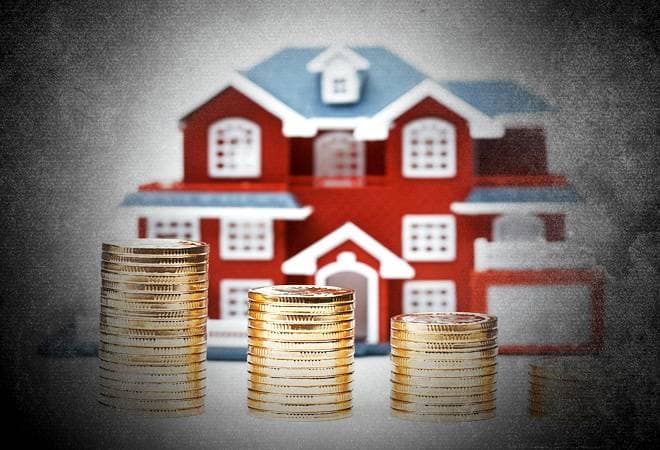LAHORE: The Punjab government has replaced its 66-year-old Annual Rental Value (ARV) system with a Capital Value (CV)-based property taxation system. This change, effective January 1, 2025, is part of the Punjab Finance Act, 2024 and marks a significant reform in the province’s fiscal structure, according to a news report.
The reform, led by Secretary Excise and Taxation Punjab Muhammad Masood Mukhtar, aims to address the inefficiencies of the old system, which had long been criticised for its subjectivity, potential for manipulation, and inadequate revenue generation. Under the Annual Rental Value system, property tax assessments were based on estimated rental income determined by excise inspectors, which were prone to human bias and underreporting.
The new Capital Value-based system will be based on objective metrics such as plot area and notified rates, replacing the outdated and biased methods of tax assessment. The reform was based on research by the Lahore School of Economics, which demonstrated that the new system could not only reduce discretionary power but also boost revenue, even with lower nominal tax rates.
The reform received support from international organizations, including the World Bank, GIZ, and the Sub-National Governance Programme, who reinforced the economic model behind the transition. Key figures in the reform process included Dr. Ali Cheema, Vice Chancellor of LUMS, whose involvement lent intellectual credibility and strategic guidance to the proposal.
As part of the transition, the Excise & Taxation Department is working on digitizing valuation records and integrating them with the Board of Revenue’s DC table. This process, which involves reclassifying nearly five million properties, is being supported by a dedicated IT task force.
The reform also introduces a self-assessment system, allowing taxpayers to file their own property tax returns online, ensuring greater transparency and voluntary compliance. Furthermore, the new system includes value-based exemptions, ensuring that low-income households, whose properties are valued under Rs5 million, will be exempt from taxes.
Despite internal resistance from officials who might lose discretionary power, the reform also includes performance-based incentives and whistleblower rewards to promote transparency and accountability in the system. This inclusive approach aims to foster a fairer, more efficient property tax regime in the province.





Thanks to new tax system I received challan for property tax on my house including the unconstructed garden I have left vacant for good environment and climate change. And the tax is 30% higher.
So, shame on whoever proposed this new taxation system. Old system with tax only on constructed area was better than this DC rate 0.7%